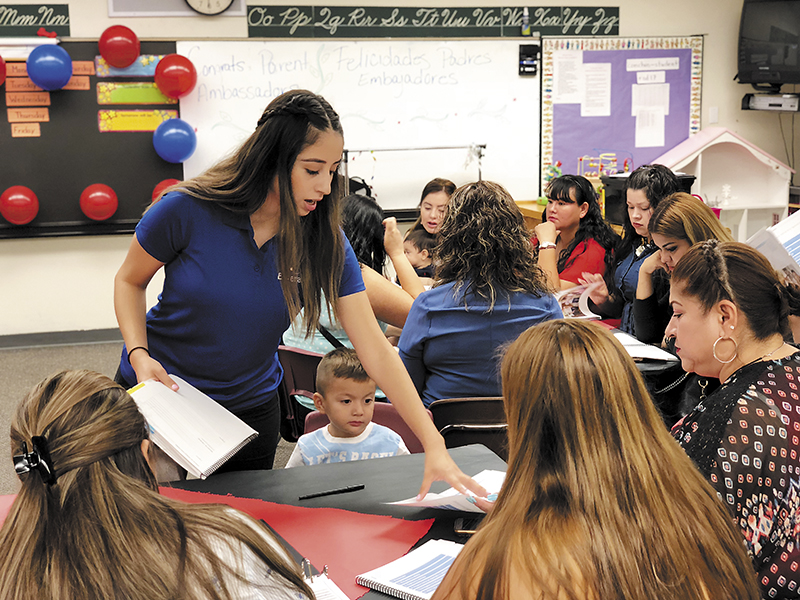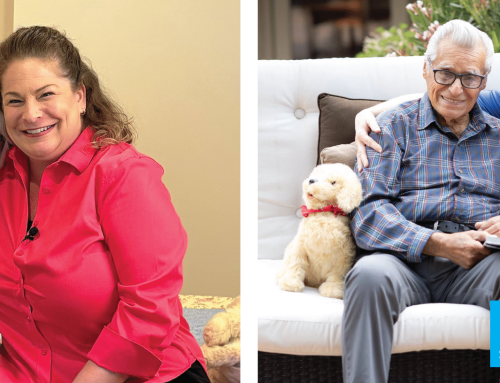Almost five decades ago, Dr. James Tupper set out for Antarctica aboard a U.S. Navy ship. While docked in South America, he witnessed some of the most disadvantaged families living in shacks built on islands of garbage, a water system completely contaminated by sewage, adults and children suffering from malnutrition, cleft lips and a mouthful of missing teeth.
After fulfilling his military duties, Tupper began his surgical residency at the University of Chicago Medical Center. He loved medicine, but the suffering he witnessed during his time abroad continued to invade his thoughts, so in 1963, he gave up a promising career as a surgeon for his priestly vocation.
He was ordained in 1969, vowing to care for the bodies and souls of the poorest among us. Returning to those Brazilian communities, determined to carry out this mission, he soon realized he lacked the necessary resources including medical supplies, laboratory facilities, surgical equipment and standard medication to truly make an impact.
After expressing his concerns, family members and friends immediately rallied to help. In 1970, his brother, a lawyer in Phoenix, incorporated a nonprofit organization in order to support his efforts. Deemed “Esperança Inc.” from the Portuguese word for “hope,” Tupper was no longer in this fight alone.
Soon, the organization became known as a symbol of hope for those who have learned to live hopelessly. And the mission remains the same to this day—nearly 50 years later.
Through fundraising, donations and active volunteers, Esperança now provides medical missions to such places as Peru, Mozambique, Ecuador, Bolivia and Nicaragua. In addition, volunteers and indigenous partners provide these communities with access to clean water, stable sources of food, disease prevention, health education and ecological home-building.
“Although I am a general surgeon within the U.S., I feel truly fulfilled when I am volunteering my time overseas,” said Dr. Brandt Feuerstein, a volunteer surgeon for Esperança. “I am able to combine my studies and training as a surgeon to provide necessary medical care, in a culturally sensitive way, to international locations where they are needed most.”
Esperança’s mission to improve health and provide hope for families in the poorest communities now includes those in the Phoenix area, with the organization’s domestic program.
“While conducting these global missions, we realized there were so many more people that could benefit from our services—many of which are located right in the Phoenix area,” said Jeri Royce, president and CEO of Esperança. “In 2000, we launched our domestic program in order to serve our community’s most under-resourced children, adults and seniors.”
By partnering with Title I schools, dental clinics and community centers, Esperança’s bilingual and bicultural health educators provide children with oral health literacy, referrals for free or low-cost dental care and daily health and wellness exercises. They stress the importance of nutrition and physical activity, providing information in a language and at a level the kids can understand.
Known as Salud con Sabor Latino (Health with a Latin Flavor), adult classes are built around the idea that a family can be healthy, without losing touch with their culture. Participants engage in hands-on activities, such as cooking sessions and tours of local grocery stores. Further, the team offers parent-ambassador training, which teaches parents about public health and how to be a strong advocate for their children.
“Whether local or global, we don’t enter communities with the intention to disrupt their way of life, rather we listen to their needs and give them the tools, training and support they need to succeed,” said Royce.
For more information, plus ways to volunteer and contribute, visit www.esperanca.org





